With the winter season approaching us in full swing, the skincare and beauty influencers have flooded our “gram” with new launches, bizarre trends, and some “hot” new beauty rituals. From zit poppers to cutesy pimple patches and frozen moisturizers; just when we think that we have seen them all, a new trend pops up in the market. And the latest one to add to the list is – “Slugging.” While Instagram might not be the place where these trends are originally created, the curation and expansion on the platform are definitely worth mentioning. You have probably heard of skincare slugging, all thanks to its unique name and booming popularity on the internet. If you haven’t, here’s a small glimpse of what it actually means. “Skin Slugging” is a fairly easy Korean technique to lock moisture into your skin. This technique prevents water loss by applying a thin layer of petroleum jelly all over the face. If this little explanation has popped up a lot of questions in your head, then we are here to answer them all. Let’s dive right in!
1. What is Slugging?
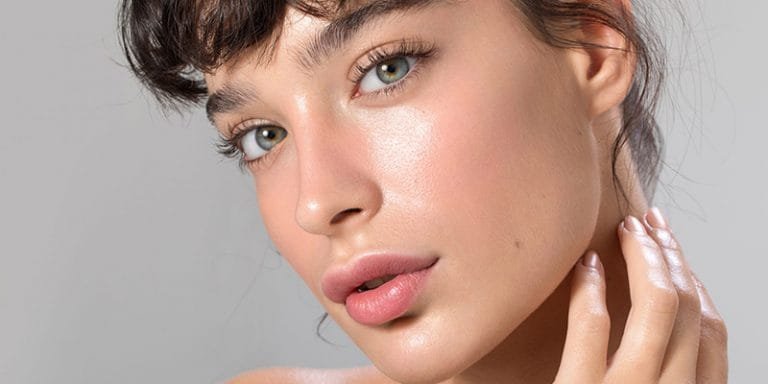
The name “slugging” has been derived from, well – slugs. One might be aware of a facial that consists of making real slugs slide down your face in order to make it slimy and moisturized but this one here is a little different. Skincare slugging includes slathering a thick layer of petroleum jelly over your face as a part of your nighttime routine. This helps to lock in the moisture and make your creams; serums and lotions work their magic in a better way. Social media has popularized the comparison between the thick and shiny texture and slug mucus. This also prevents transdermal water loss from the skin.
2. What are its Benefits?
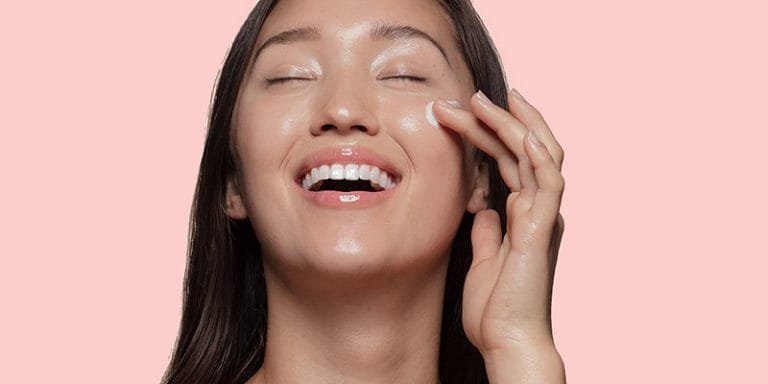
There are multiple benefits of skin slugging. However one of the key factors to this entire process is to boost skin hydration and relieve it from drying, peeling, itching and cracking. Petroleum jellies like “Vaseline” have been in the market for ages and it is proven to boost the glow and provide a more bouncy, soft, and youthful-looking skin. This process is extremely useful especially during the chilly winter season as the drying and less humid weather leaves your skin tight and with a drying white cast.
3. What Skin Types are The Most Suitable for Skin Slugging?
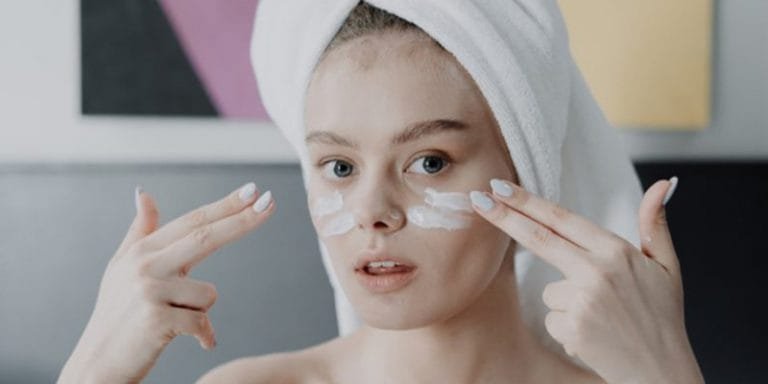
Skin slugging can be extremely beneficial for people with a dry and irritated skin type, as the petroleum jelly will sink deep into the pores overnight as one wakes up with healed, soft and glowing skin. However, you are someone with an oily or acne-prone skin type, then it is best to skip this trend. Petroleum jelly and heavy oil-based creams might clog your pores and aggravate your pimples further. Opt for non-comedogenic, lightweight medicated moisturizers instead.
4. How Often Should One Slug?
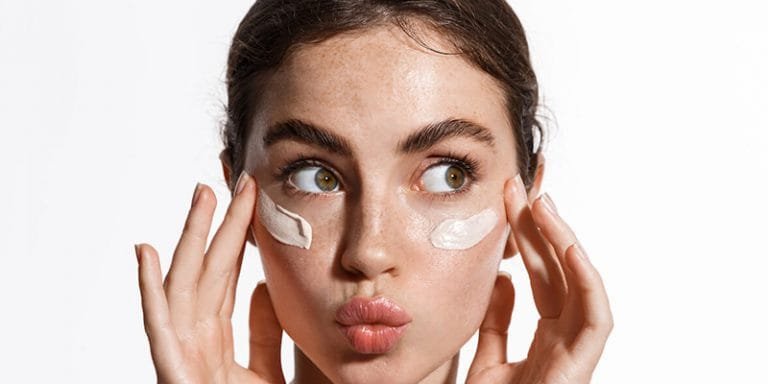
As far as the frequency goes, an individual with an extremely dry and dehydrated skin type can slug on a regular to a one-day interval basis during the winter season. The ones with a combination skin type might want to listen to the needs of their skin before diving into this trend. Slugging thrice a week is more than enough for people who have a few dry patches on certain areas of their face.
5. Is Putting Petroleum Jelly Safe On Your Face?
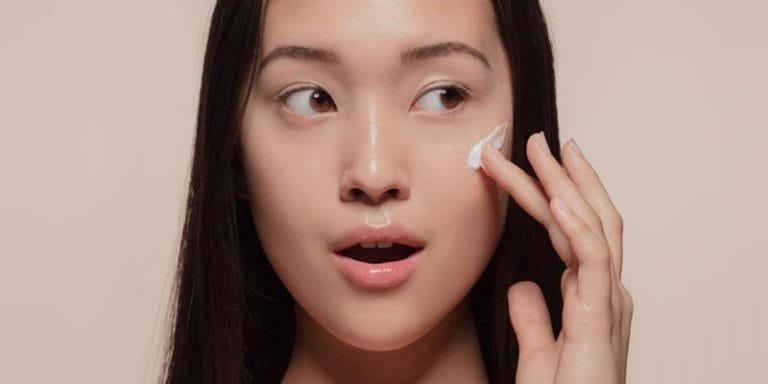
Yes! Former beauty icons like Marilyn Monroe would swear by one swipe of this simple beauty product for their skin. As long as you properly clean it with some cleanser and lukewarm water in the morning, petroleum jelly is a wonderful and budget-friendly option to add to your winter skincare routine. Apart from slugs, it can also be replaced with your moisturizer to heal cracked lips and dry eyelids.
Would you be willing to try out this trending Korean skincare routine? We would love to know your thoughts and experiences.


